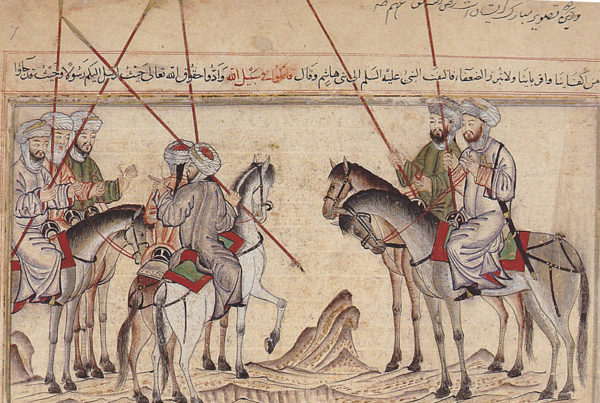Through the first months of 2009, the supporters of the Tamil Tigers have desperately pursued a campaign to paste the label of “Genocide” on the closing strokes of the 26 year-old Sri Lankan civil war. This has been a frenzied attempt to mar the pending government victory and forever define the war as one of a simplistic Tamil vs. Sinhalese conflict. The problem is that whatever else the Sri Lankan government may have done in the struggle against the Tigers, they have not been committing genocide, and the real causes of the war are much more complex than this.
Professor Asoka Bandarage is a top-flight academic who has taught at some of America’s most prestigious universities and is currently at Georgetown. Her recent book The Separatist Conflict in Sri Lanka: Terrorism, Ethnicity, Political Economy (Routledge, New York, 2009) is one of the most exacting and precise explorations of the root and progress of the Sri Lankan war ever undertaken. Her findings entirely contradict the simplistic Tiger narrative.
This is an academic’s book and insightful, highly detailed, and surgically exact. One can learn a lot about a highly complex issue specifically, while the author generally refutes the idea (widely held today because of its simplicity) that cultural differences inevitably lead to conflict. Unfortunately, as the old saying goes: “A lie can be halfway around the world while the truth is still putting its boots on.” And the Tigers’ supporters are out there now, passing their version of events around as rapidly as they can.








